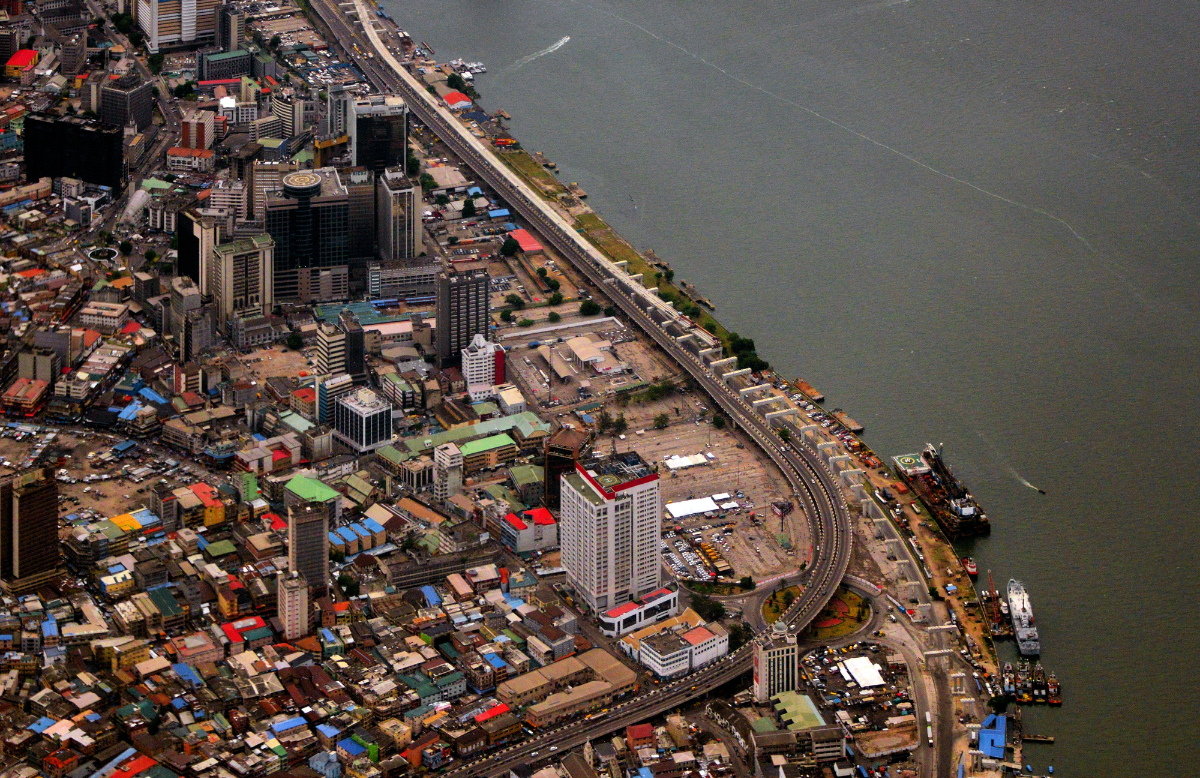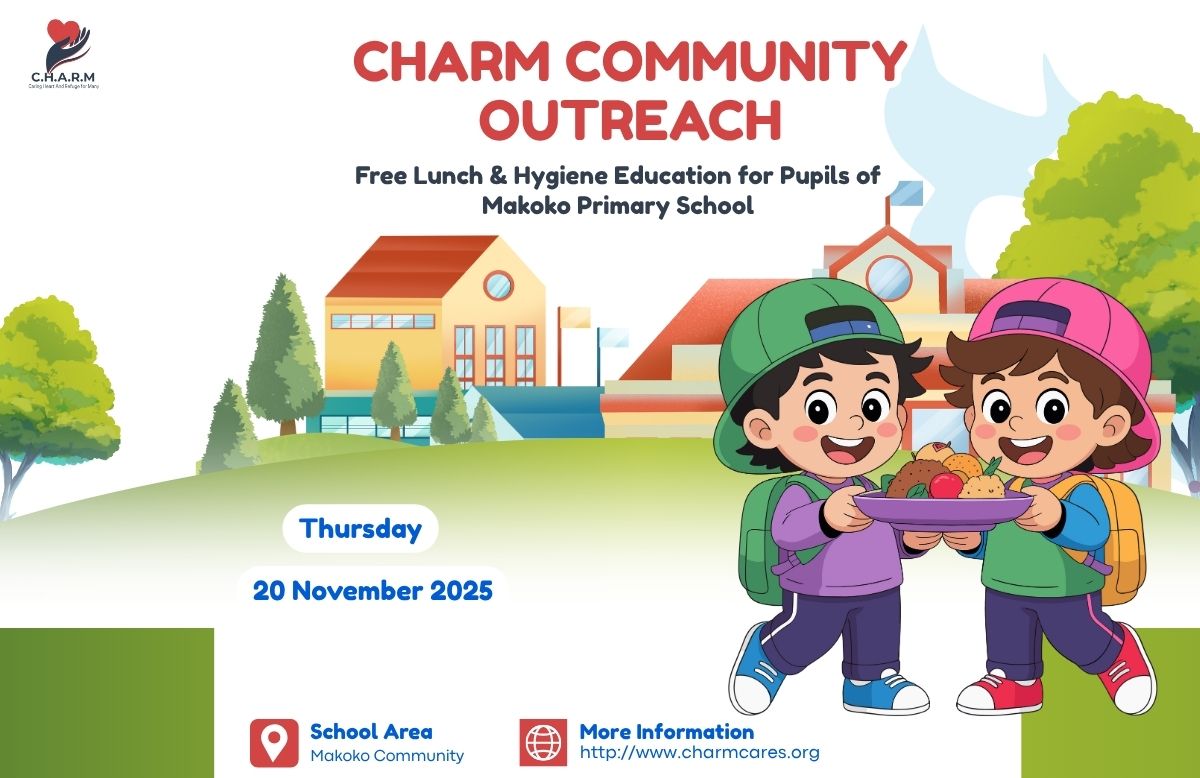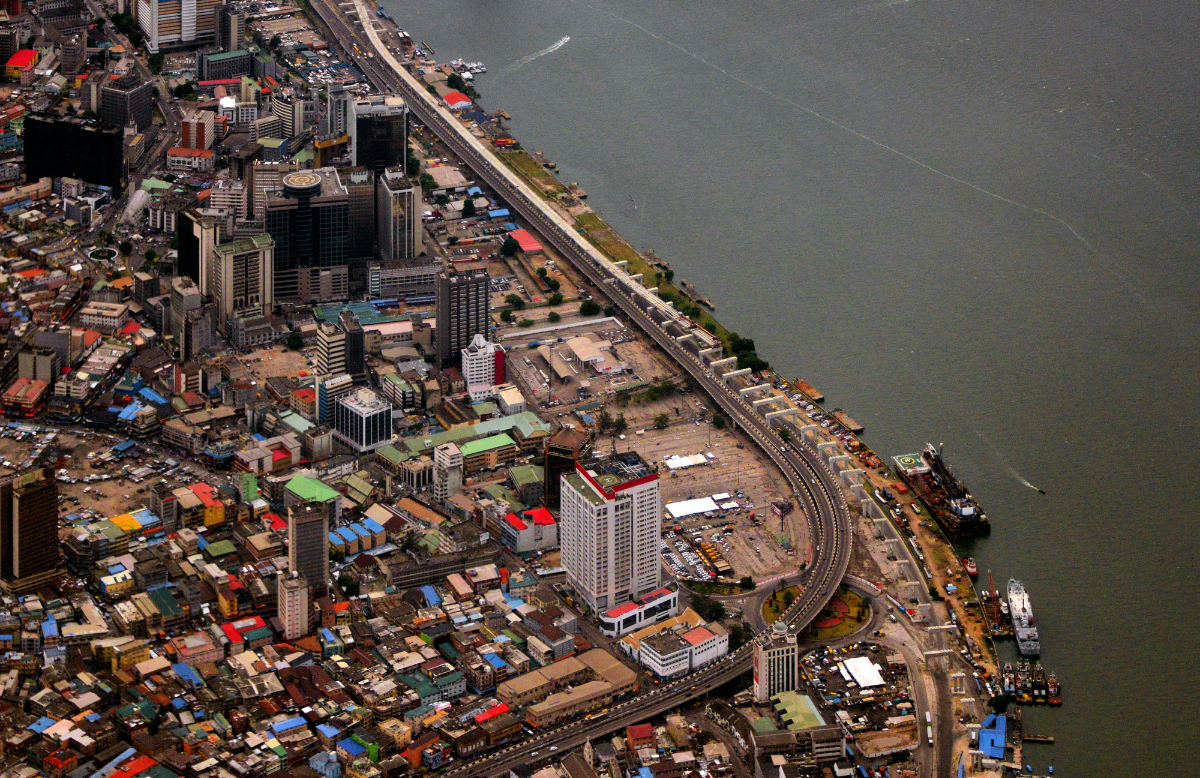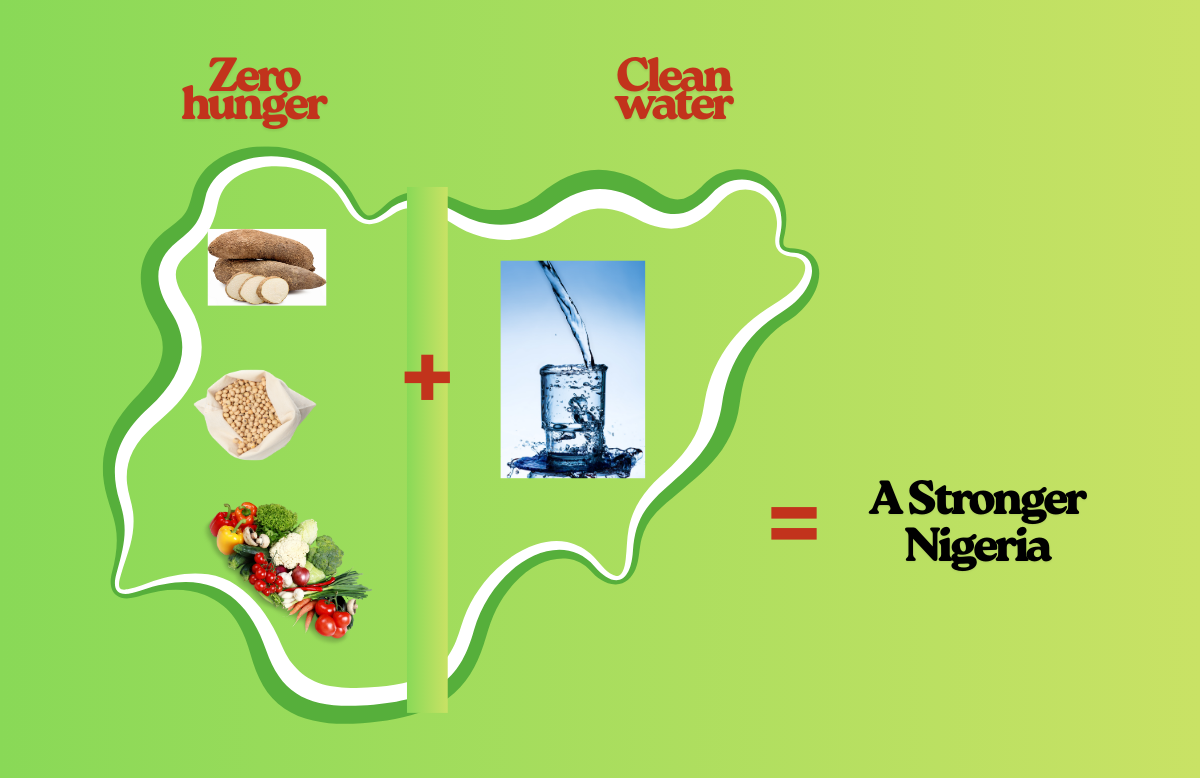
Water is life, but for many families in Lagos, safe and clean water feels like a luxury instead of a basic right. In communities where taps are dry, boreholes are unreliable, and sachet water is often the only option, the struggle is daily and relentless. When we talk about families without clean water, it’s not just about thirst, it’s about dignity, health, and survival.
Here are five everyday struggles families face when clean water is out of reach:
1. Walking Long Distances for Water
In many low-income parts of Lagos, children and mothers wake up before sunrise to fetch water. They carry buckets or jerry cans, walking long distances to public taps or boreholes. What should be a quick, simple task eats up precious hours every single day—time that could be spent in school, at work, or with family.
2. Spending Too Much on Water
For households without access to reliable water, buying water becomes a daily financial burden. A family might spend hundreds, sometimes thousands of naira each week just to get enough for drinking, cooking, and bathing. For families already struggling with food and rent, this expense deepens the cycle of poverty.
3. Living With Constant Health Risks
Dirty water is not just unpleasant—it’s deadly. Many Lagos families rely on unsafe sources like shallow wells, rivers, or contaminated boreholes. This leads to frequent cases of diarrhea, typhoid, and cholera, especially among children. Parents are forced to choose between paying for hospital bills or risking untreated illness at home.
4. Compromised Hygiene and Dignity
Without enough clean water, basic hygiene takes a back seat. Bathing, washing clothes, cleaning the home—these simple things become a daily struggle. For young girls and women, managing menstrual hygiene in such conditions is even more difficult and often comes with shame and discomfort.
5. The Emotional Toll
Beyond the physical challenges, there is a quiet but heavy emotional weight. Parents worry constantly about whether the water their children drink is safe. Children grow up knowing that something as simple as water is never guaranteed. This worry and stress chip away at hope, making poverty feel like a never-ending trap.
In a city as vibrant and full of potential as Lagos, no family should have to suffer these struggles. Access to clean water is not a privilege—it is a basic human right. If we can solve water, we can improve health, reduce poverty, and restore dignity to millions of families.
Every effort counts. Whether it’s supporting local projects, spreading awareness, or taking part in initiatives that bring clean water closer to vulnerable communities, together we can change this story.


